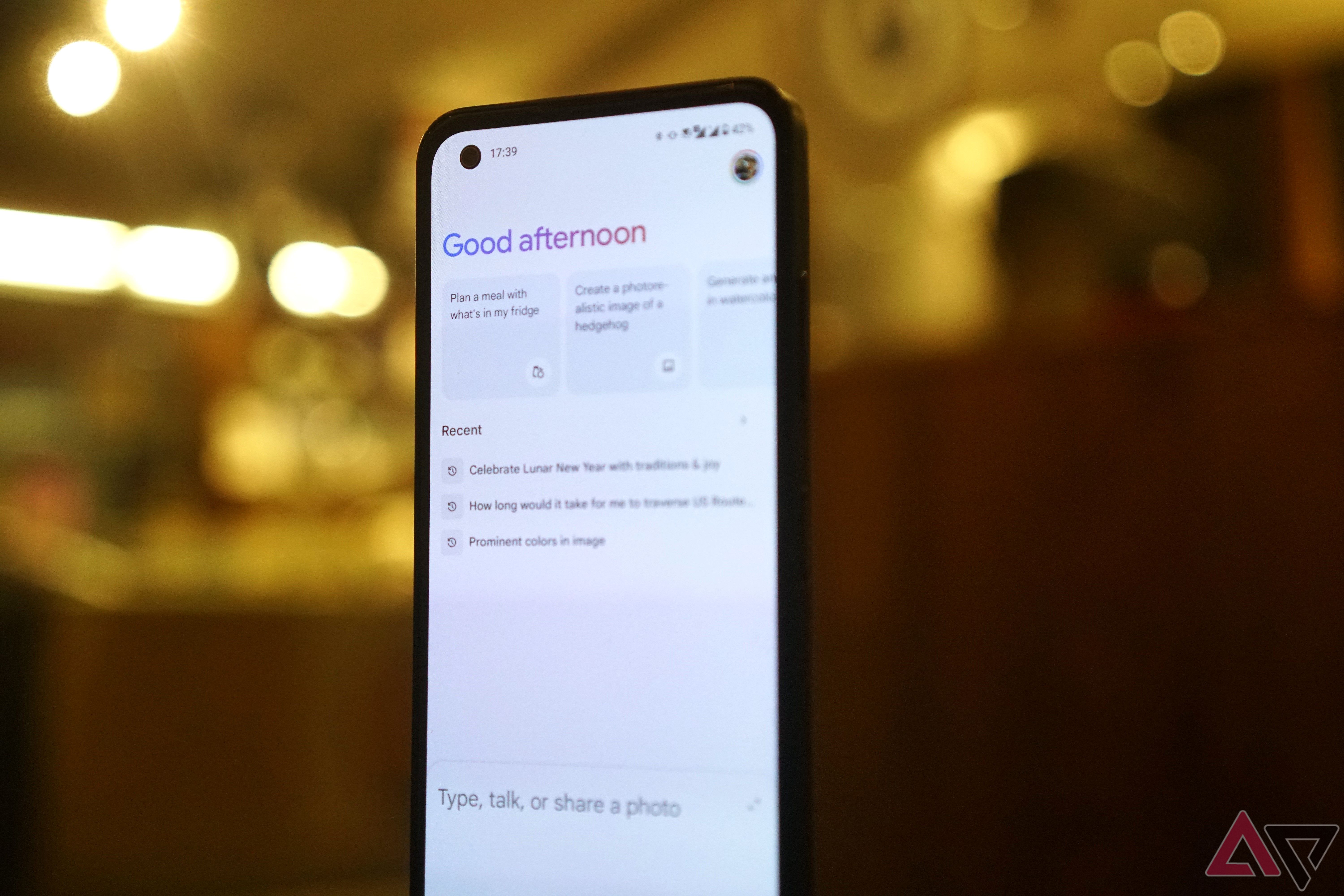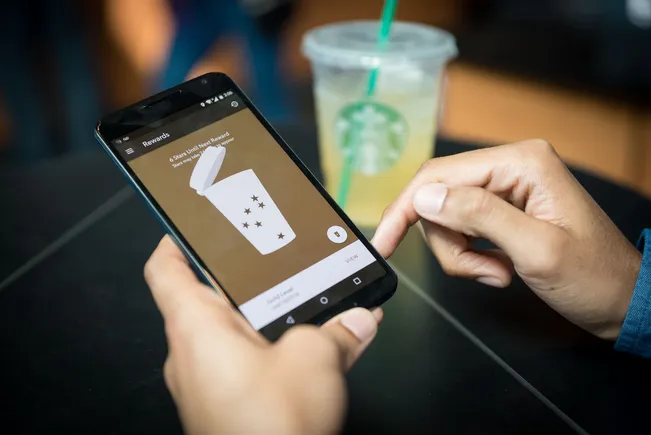Summary
- Google is leveraging AI to revolutionize advertising, pointing marketers towards its tools for ideating and even creating ads.
- The company revealed it had recently created thousands of unique Pixel 8 ads shown on YouTube using Demand Gen.
- Google’s AI-driven Best Phones Forever campaign is setting the stage for a future of hyper-personalized marketing.
Love it or hate it, there’s no changing the fact that AI is disrupting the internet as we know it. If OpenAI is the poster child for this movement, Google is the billboard painted on the side of the bus — its Gemini AI tools are hard to miss these days, but they’re not quite as quick to inspire hope. A lot of this perception can be explained by Google’s priorities around its AI efforts, with the company looking to quickly monetize these tools and integrate them into its vast product portfolio. Now, Google is highlighting two initiatives that will only further cement public opinion.

Apple Intelligence is what Google Gemini should’ve been from the start
As usual, Apple isn’t first, but its AI platform is shaping up to be the best
In a post today highlighting a speech by Google VP Vidhya Srinivasan at the Cannes Lions Festival, the company revealed how it sees massive potential for generative AI in its ads division. “First, you can use AI to generate insights about your audiences,” Google explained to potential ad partners, “Then you can shorten and scale creative production to bring ideas to life faster.”
While surfacing insights like customer interests from massive databases has long been a strength of AI, using the technology to make actual advertisements is still a fairly new concept. To that end, Google highlighted the potential of Veo, its newest video generation model, when used to create ads.
In a recent Pixel 8 campaign Google Marketing used Demand Gen to generate 4,500 different ad variations that ran across YouTube, Discover and Gmail.
As part of a larger initiative introduced last year called Demand Gen, advertisers buying space on Google’s network can access a suite of AI tools to conceptualize and create ads for Gmail, Google Discover, and YouTube. As we reported in April, Google has now expanded this program to YouTube advertisers. In its post today, the company revealed it has been using its own tools to advertise the Pixel 8 series, generating a whopping 4,500 unique ads that ran on YouTube in recent months.
Google is using AI in even more advanced ways for its Best Phones Forever campaign
Most smartphone marketing that tries to position a product against the iPhone ends up eliciting a cringe from a large swath of its target audience. But Google seems to have struck the right balance with its Best Phones Forever campaign, which depicts Apple’s flagship as the Pixel’s clueless best friend in a series of lighthearted encounters. While the voices are likely machine generated and the videos are certainly CGI, this series hasn’t been particularly AI-focused, but that will soon change.
In a post from earlier this week, Google announced “Best Phones Forever: AI Roadtrip,” the latest installment in this series that comes with a twist: Instagram Reels viewers would be able to comment with a location suggestion for the smartphones’ road trip, and Google’s AI would create a bespoke video response to that comment “within minutes.”
The campaign was only live for 16 hours and has now ended, but Google’s primary intention here wasn’t to sell phones — rather, it hoped the stunt would inspire other advertisers to explore their own “creative applications of these technologies.” In Google’s implementation, it used Gemini 1.5 Pro to generate scripts based on the commented location, Imagen to create background imagery, and Cloud Text-To-Speech to handle the dialog. The rest was done by actual humans using Unreal Engine, but tools like OpenAI’s Sora and the above-mentioned Google Veo are poised to eliminate this step soon enough.
With these developments, Google’s vision for the future of advertising is becoming clear: Targeted marketing based on user data will only get more targeted, and generative AI will be at the heart of it all.




